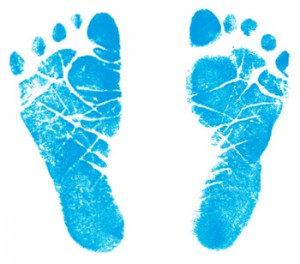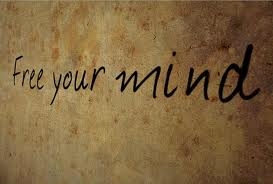Bob Marley and The Book of Exodous
By: Benjamin Rapaport, Author The Jewish Art of Self Discovery
Rolling Stone magazine (2004) lists “Redemption Song” by Bob Marley as #68 of The 500 Greatest Songs of All Time. In the chorus, Marley belts out from the depths of his heart: “Emancipate yourself from mental slavery. None but ourselves can free our minds…” This message has resonated with millions of fans over the last thirty-plus years since he first sang it.
Marley understood that slavery is much more than a physical reality. As the kabbalists taught, existence is multi-layered. Every physical reality possesses a deeper spiritual core that lies at its heart. Slavery is no exception to this rule.
Webster’s Dictionary defines slavery as, “Bondage to a master or household.” This barely scratches the surface. The blessing at the end of the Passover Haggadah states that G-d redeemed not only us, but also our souls from the bondage of Egypt. The emphasis on our souls being redeemed testifies to a slavery that went much deeper than our flesh and bones.
To understand this better we need to consider a discrepancy between the Hebrew and English titles for the second, of the five books of Moses. The primary theme of the second book is the slavery and freedom of the Jews from the bondage of Egypt. In the original Biblical Hebrew we refer to it as “The Book of Names”, whereas in English we call it, “The Book of Exodus.” The commentaries teach that the Biblical Hebrew name for each of the five books is connected to its essence. It would seem, however, that the English title is much more representative of its content than the Hebrew one.
To explain this anomaly it is necessary to first take a look at the concept of names. The Talmud states that when Rebbe Meir, one of the great Tannaic sages, would want to know someone he would delve into the meaning of their name. The mystical writings teach that there is a special providence involved in a person being named according to their specific nature and qualities. As a result, by understanding the inner significance of a name it is possible to know a lot about the bearer of the name.
A name is what we are known by, it is something revealed that allows others to relate to us as individuals. The kabbalists point out that the numeric value or gematria (Hebrew letters possess a numeric value, and a shared numeric value by two words hint at a connection between them) of the word “shmo” – his name, and “ratzon” – will, are the same. This is indicative of a person’s name, what they are known by, being an expression of an inner will that expresses the unique root of that individual’s soul.
When we reflect on what it means to be a slave, it is an existence that is centered on carrying out the will of another. It is a life that is not one’s own, lived according to someone else’s terms. In contrast, freedom from slavery is the ability to live a life that is an expression of one’s own inner quality, the capacity to manifest one’s own name. This is the reason why we refer to this book that is about freedom from slavery, on both a physical, and a spiritual plane, as “The Book of Names.”
To express this idea in present day terms, it is possible to wear Prada and drive a Ferrari and not be free. As long as we are stuck in the past, living to please others, or living to look good to the world, we are not leading our own lives. Whatever gain these things may be giving, what we are losing is far greater.
To be truly free we need to be connected to our own highest values and the dictates of our heart. We need to be willing to lower our social mask and be more authentic with ourselves and with others. Only by having the courage to do so can we be who we really are. No one else can do this for us. As Bob Marley sang, “none but ourselves can free our minds…”
Scheduling time daily to reflect on our values, our dreams, and our hopes is one of the most effective tools to developing our personal freedom. There are seven great questions, that when asked daily, have enormous power to keep us true to ourselves. They are:
1) What are the values that are nearest and dearest to me?
2) How can I act on them today?
3) What are my dreams?
4) What would I do if I cared less about approval?
5) Who are my heroes?
6) How can I be like them?
7) How do I want to be remembered?
As we enter this time of year when the “The Book of Exodus” is read, let us commit to emancipating ourselves from mental slavery. Let us make the time to connect to who we really are and want to be. By doing so we will free our minds, our hearts and our souls to bring forth all the greatness that we possess inside.




